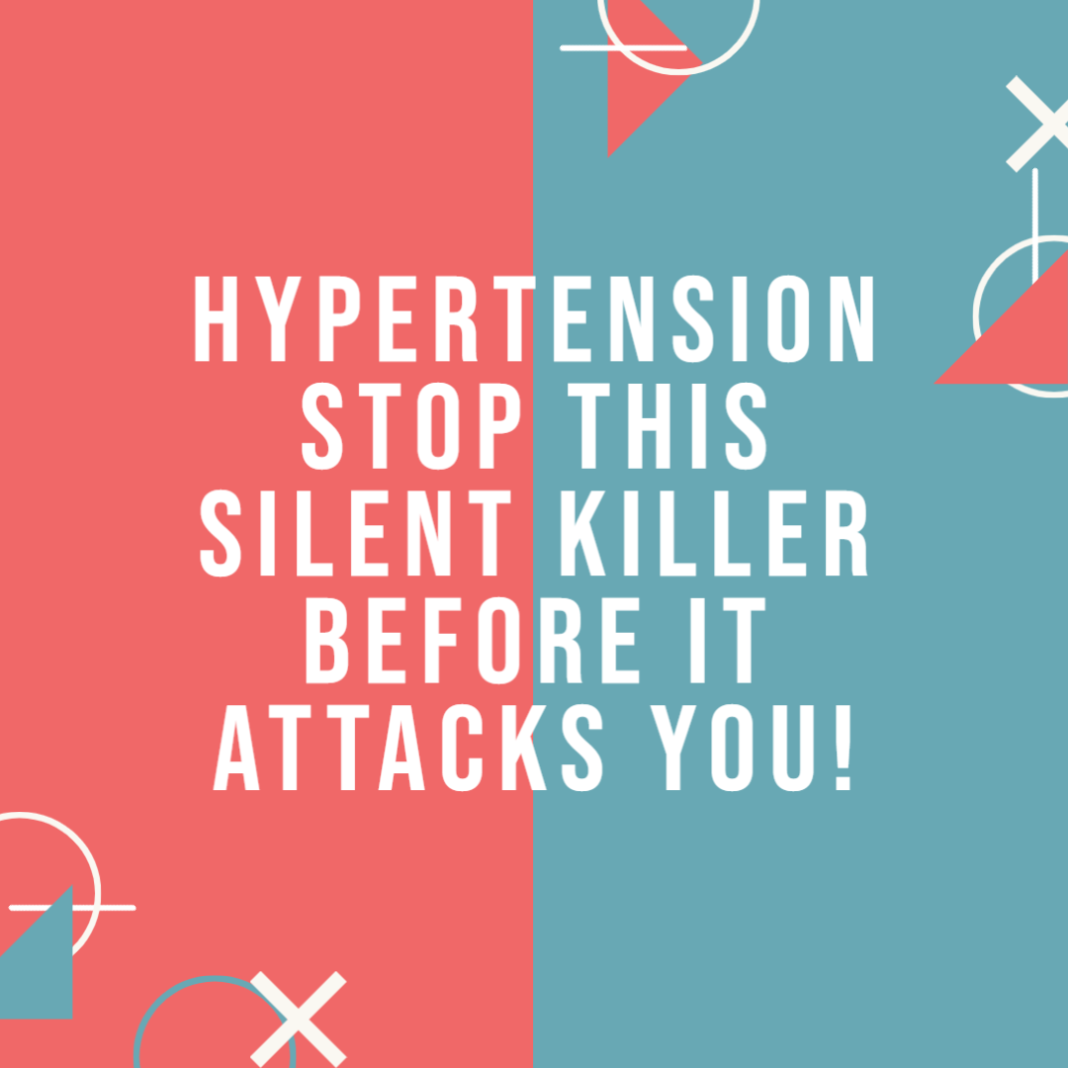Hypertension is one of the biggest health problems in the world. It has no symptoms. Many people who have high blood pressure are not aware of their condition. But it can lead to heart attack, heart failure, stroke, kidney disease, and eye disease. Heart disease and stroke top the list of health issues causing most fatalities in the world. That is why hypertension is also called the Silent Killer.
According to the World Health Organization, 1.13 billion people worldwide were hypertensive in 2019. And as per the National Center for Biotechnology Information, about 30% of Indians have hypertension. The prevalence of hypertension is higher in urban areas, compared to rural areas. About 33% of urban Indians and 25% of rural Indians are hypertensive. That might be because hypertension or high blood pressure is affected by lifestyle. Stress, diet, exercise, and mood can have a major impact on a person’s blood pressure.
What Is Hypertension?
Simply speaking, hypertension means high blood pressure.
When the heart pumps the blood, it rushes through the arteries in your body. Blood pressure is the force this circulating blood exerts against the walls of the arteries. When blood pressure is higher than normal, it causes hypertension.
Why is hypertension called a silent killer?
Hypertension or high blood pressure typically has no symptoms. Some people might experience early morning headaches, nosebleeds, vision changes, irregular heart rhythms, and buzzing in the ears. Some might feel fatigue, vomiting, nausea, confusion, chest pain, anxiety, and muscle tremors. But in most cases, there are no symptoms. Yet, without showing any sign, high blood pressure causes severe and progressive harm to the cardiovascular system.
The continued high pressure of blood through the cardiovascular system can damage the heart muscles and walls of the arteries. When the arteries supplying blood to the heart muscle get damaged, it may lead to a heart attack. And when the arteries supplying blood to the brain get damaged, it may lead to a stroke. Similarly, damage to the arteries that supply blood to the kidneys can cause kidney disease.
How to know if you have hypertension?
People having hypertension are often unaware of it. The only way to know if you have high blood pressure is by testing it. However, just one bad reading does not mean you have high blood pressure. In most cases, hypertension is diagnosed only after three consecutive elevated readings.
What is normal blood pressure reading?
Blood pressure is measured using two numbers listed as a ratio, one number noted over another number. The top number is for systolic pressure. This measures the blood’s force when your heart beats. The bottom number indicates the diastolic pressure. This measures the blood’s force against the artery walls when the heart rests.
Normal blood pressure:
Under 120/80 millimeters of mercury (mmHg).
Prehypertension:
Above normal and up to 139/89 mmHg (Prehypertension might indicate the risk of developing hypertension)
Hypertension:
140/90 mmHg and above.
What causes hypertension?
The exact causes of hypertension or high blood pressure are hard to know. But studies suggest several factors might contribute to high blood pressure. Most of these are poor lifestyle choices like smoking, too much alcohol consumption, and lack of physical activity. Obesity plays a role in raising blood pressure too. Excess belly fat seems to be especially dangerous. Obesity might lead to Sleep Apnea, which can aggravate the problem further. Eating too much salt may also raise blood pressure. In addition, stress, old age, chronic kidney disease, and adrenal and thyroid disorders may also lead to hypertension. Genetics and family history of high blood pressure also seems to play a role.
How to control high blood pressure?
Since lifestyle choices affect blood pressure, altering your habits can help in preventing and managing hypertension. Here are a few healthy choices you need to make to keep this silent killer away:
Eat a healthy diet: Include more fruits and vegetables in your diet. Reduce the intake of processed food. Limit your consumption of saturated fats and trans fats. Consume less calories than you need. Focus on eating a nutritious diet.
Reducing salt intake: An excess consumption of salt may raise your blood pressure. So, eat less salt. Try to reduce your salt intake to less than 5g daily.
Exercise: Lack of physical activity can also lead to high blood pressure. So try to have an active lifestyle. Moderate-intensity exercises like walking can help you lose weight, reduce stress, and achieve a healthy blood pressure.
Avoid bad habits: Bad habits like smoking, too much alcohol consumption can raise your blood pressure. So, quit smoking, avoid the use of tobacco, and control your alcohol consumption.
Manage your stress: Monitor the things that are causing you stress and try to pull yourself away from them. If you can’t, try to relax with meditation, music, friendly social interactions, etc.
If you have been diagnosed with hypertension, do not panic. Try to adopt the above mentioned healthy habits. Monitor your blood pressure regularly. If your doctor has prescribed you some medication, be regular in taking it. Try to relax, stay calm and positive. With proper care and precautions, you can manage your blood pressure.






